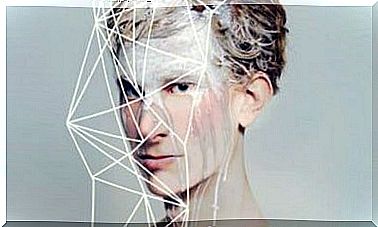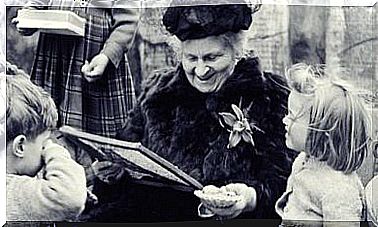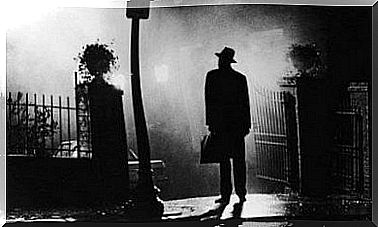The Intelligence Of The Animal Kingdom: Crows
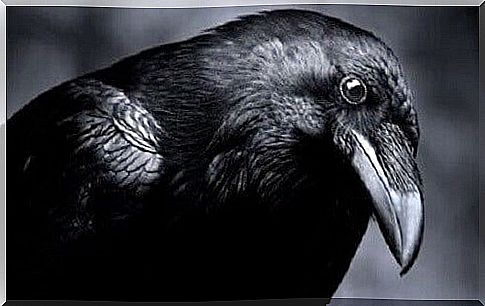
When it comes to the intelligence of the animal kingdom, there is one species that stands out above the others: crows. Their ability to plan, create tools, or inhibit their impulses for greater benefits place these birds on the same intellectual level as great apes. For this reason, ravens have long been mysterious and fascinating creatures that defy our logic.
When Edgar Alla Poe published one of his most famous works, The Crow , in 1845 , he placed this bird on the bust of Athena, the goddess of wisdom, strategy and science. The image was by no means accidental and helped define one of the most revealing and iconic poems in the history of literature.
If for centuries we have always considered crows as animals of ill omen, it is not only because of their black plumage. The most disturbing element of these animals is their marked intelligence. They are even able to articulate some words, which they learn from us by imitation.
When Lewis Carroll wrote Alice in Wonderland, he made the mad hatter say the following riddle: “What is the difference between a crow and a desk?”. Question with no answer. In retrospect, Carroll could have asked an even simpler, but much more interesting question: What is the difference between a crow and us humans? In this case, the answer could leave us speechless …
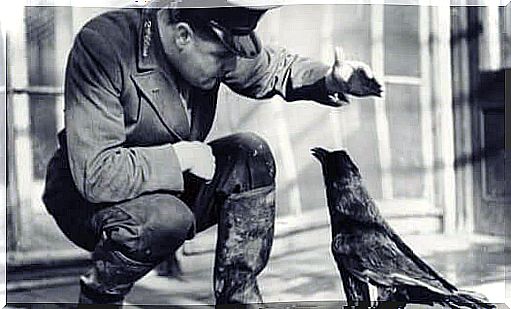
The intelligence of the animal kingdom: crows and their fascinating brains
If we talk about the intelligence of the animal kingdom, we cannot fail to mention the primates. Despite this, crows seem to have nothing to envy to our ancestors. If over time we have in fact been convinced of the intelligence of these birds, this is due to the incredible similarity between our way of acting and reasoning and theirs. A study published in the journal Science and conducted by the University of Lund revealed that crows possess cognitive mechanisms that are very similar to those of an eight-year-old child.
Self-awareness and social groups
The crow is one of the few animals to have self-awareness. But there is more. Within the corvid family, the magpie has always attracted the attention of scholars for a curious and incredible feature: it can be recognized in front of a mirror. In this regard, the University of Goethe has affixed a sticker in the plumage of this bird observing that once it noticed the “anomaly” looking in the mirror, it immediately tried to get rid of it.
Crows, however, are also capable of forming complex social groups in which the figure of the leader clearly emerges. Groups in which collective decisions are made to solve problems, find food and even commit “crimes”. Sometimes, in fact, the group may decide to delete a member if this is not considered useful to the community.
Executive and planning functions
Of the highly intelligent animals, crows are among the most studied by the scientific community. The Institute of Neurobiology of the University of Tübingen, for example, published a few years ago a series of very important data to better understand the brain functioning of these birds.
The brain of crows, in addition to having a neocortex just like ours, also has an area called nidopallium caudolateral, very similar to our prefrontal cortex. The neuronal density of the latter is immense. Its presence demonstrates that crows have very fine thinking and the ability to perform executive functions.
A clear example of this can be observed in Japan, where crows have learned to lurk on traffic lights waiting for the passing cars to crush the nuts that fall from the trees onto the road. When the traffic lights turn red, the crows take the opportunity to go and collect the crushed nuts from the cars, returning to their place before the light turns green. It was noted science popularizer David Frederick Attenborough who noted this behavior and reported it in a documentary.
Animal kingdom intelligence and tool building
When we talk about animal intelligence, we always ask ourselves the same questions: what do we really mean by intelligence? Does animal intelligence manifest itself only in the techniques used to procure food? Scientists answer these questions by arguing that, in addition to simple executive functions, there must be two other dynamics: the ability to build tools and the ability to repress instincts.
Ravens possess both of these abilities. For example, it has been found several times that these birds have a great capacity for self-control. They repress their instincts and forgo the easy rewards if they understand that by waiting they can reap greater benefits. In addition to this, a study published also in the journal Science has shown how crows are able to build “sophisticated” tools to obtain food: they build hooks, pulleys and they know how to use ropes …
The most curious fact is that these animals do not need to learn everything by trial and error. Crows are skilled observers and have a clear idea of what they need to do right away. An incredibly surprising fact. One of the leading experts in corvid intelligence, Dr. Joshua Klein, has observed many crows storing coins found on the street in order to then be able to put them in the vending machines and thus obtain food.
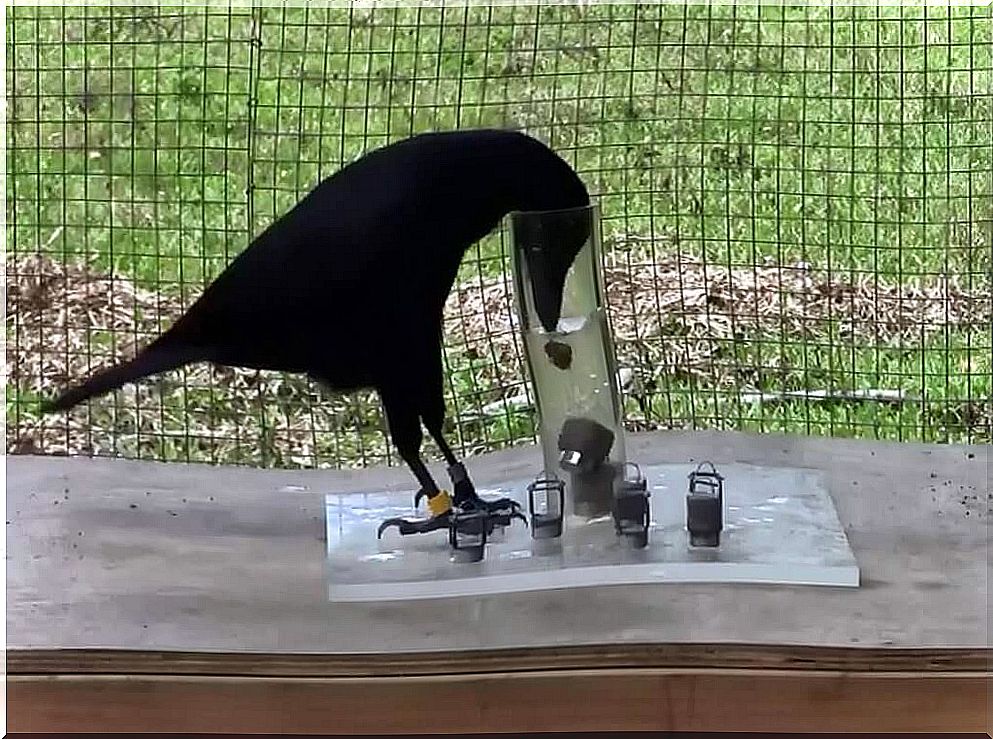
In conclusion, the world of animal intelligence is vast and for the most part still foreign to us. An area that is still gray today, the understanding of which would allow us to learn more and more about the capabilities and potential of the various animal species. Among them, crows are certainly among the brightest. Birds that observe us from above, learning from our behaviors to obtain benefits.



